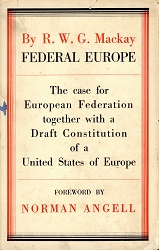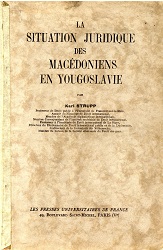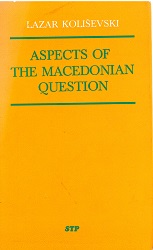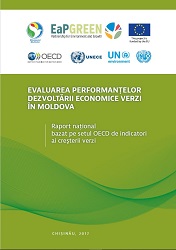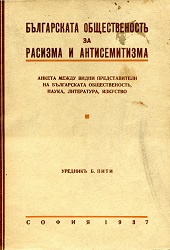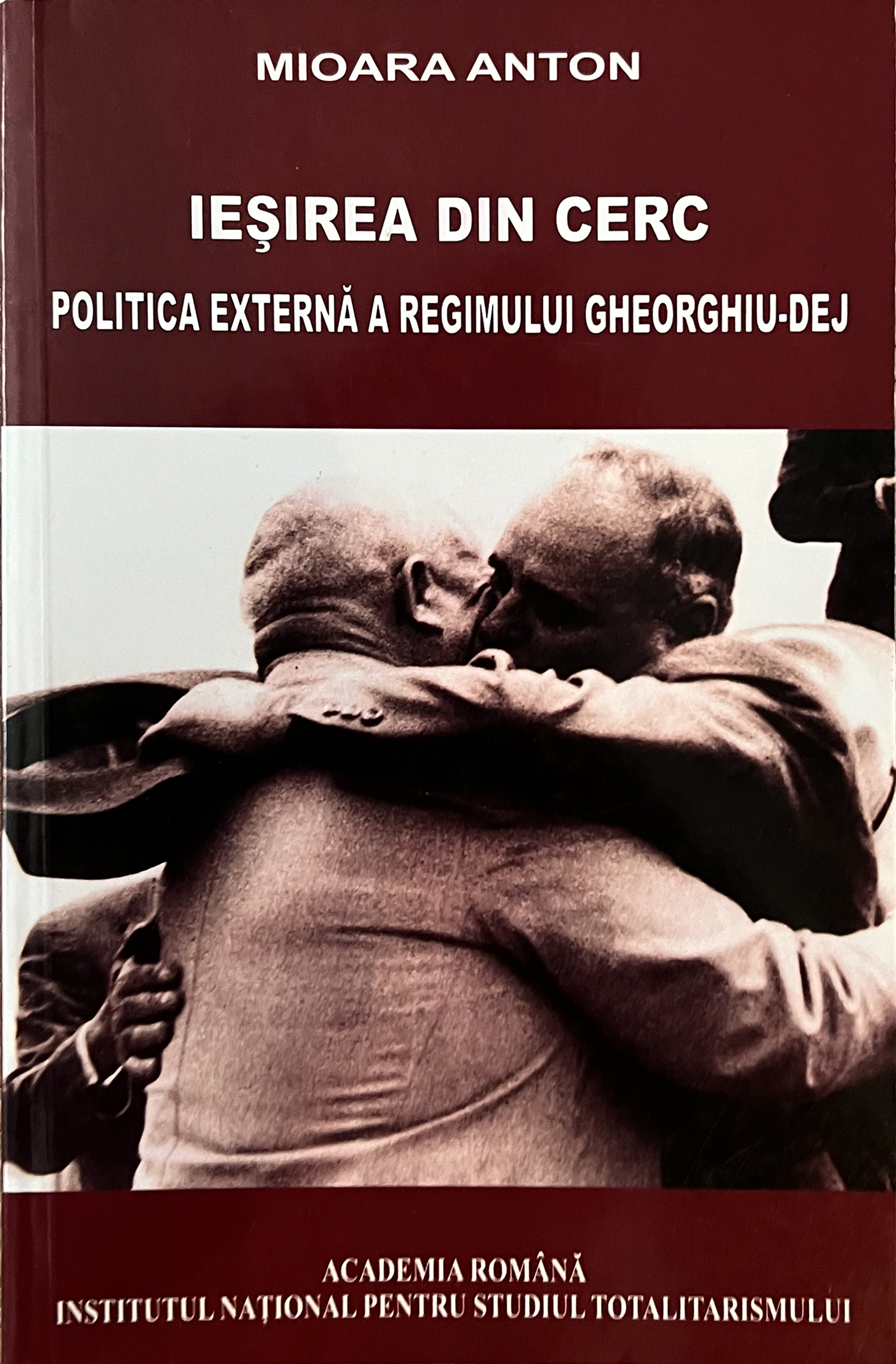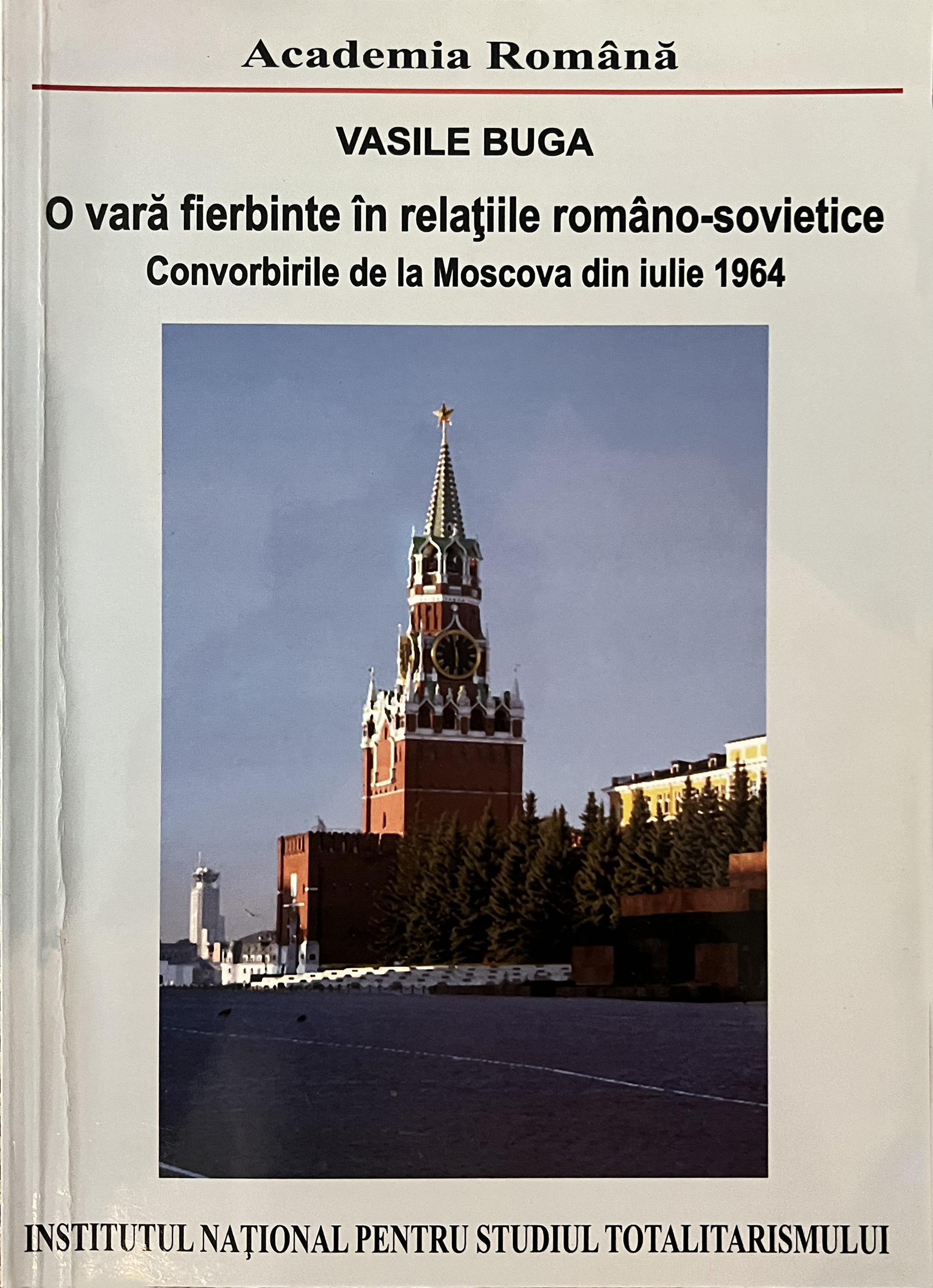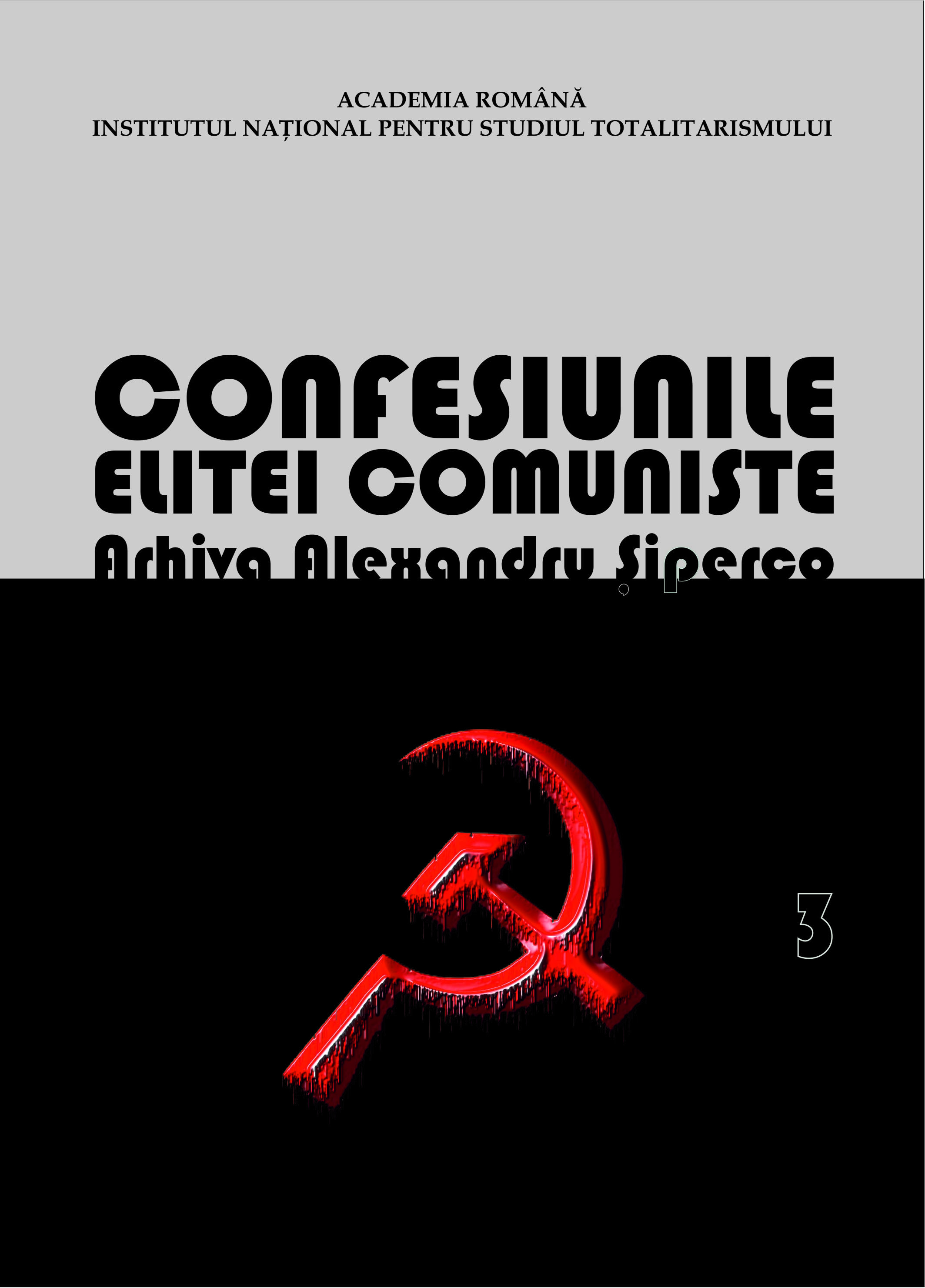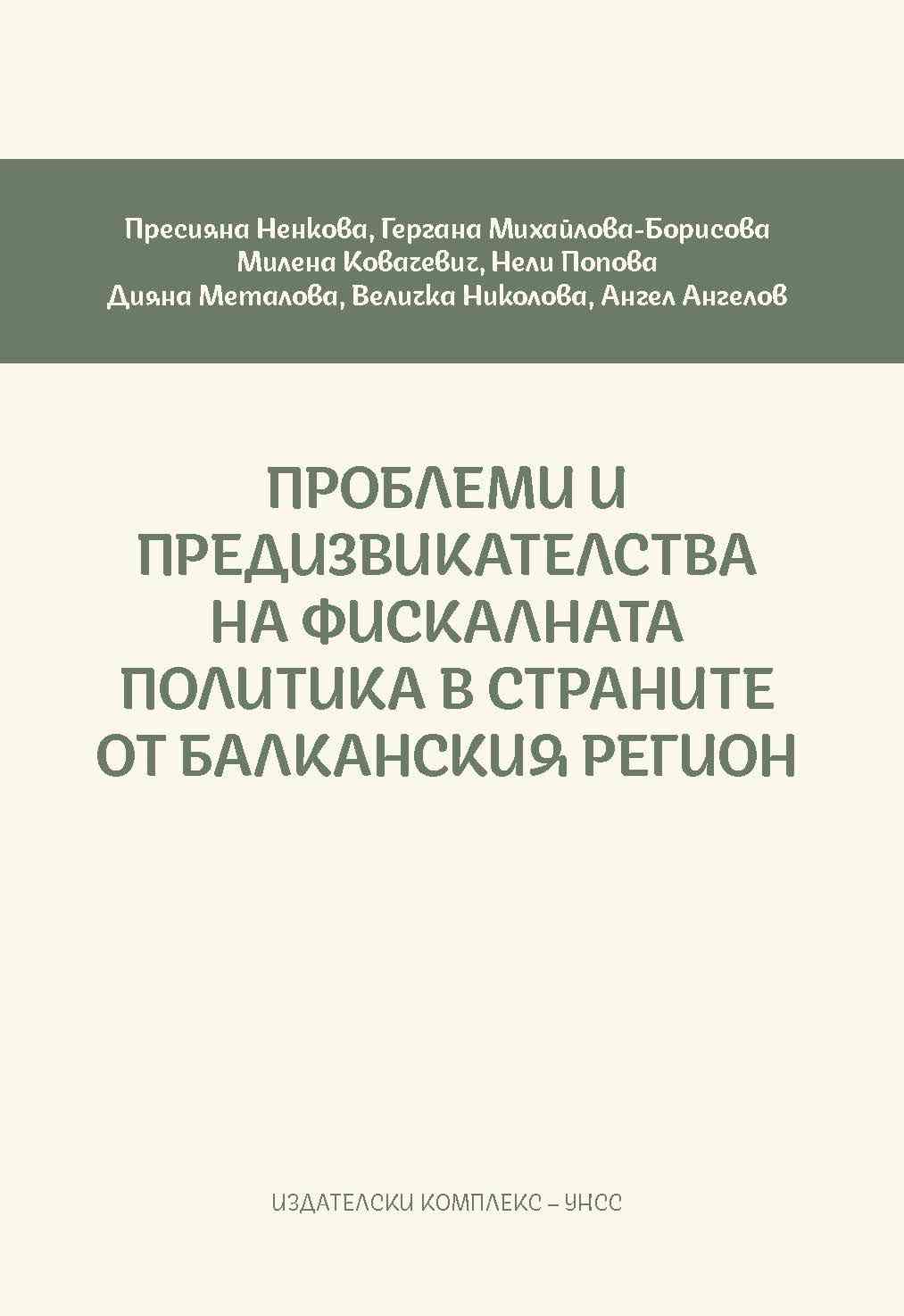
Zigeuner-Buch, herausgegeben zum amtlichen Gebrauch im Auftrag des Staatsministeriums des Innern vom Sicherheitsbüro der königlichen Polizeidirektion München.
This book is a document of anti-Roma racism in German (more exactly Bavarian) routine administration. Thirty years before NAZI racism came to power the Ministry for Internal Affairs had developed a project (in 2020 we would call it a “big-data-project”) of identification and detailed registration of all Sinti, Roma and Egyptians in Bavaria. The author Alfred Dillmann, a high-ranking member of the Munich Police staff, published this book a partly a manual for other civilian and police administrators, in its main part he is listing the first results of such registration-activities at the moment of publication.This book is a document of Anti-Gypsies racism in German (more exactly Bavarian) routine administration three decades before NAZI racism came to power. In 1899, under Dillmann's leadership in Munich, the "Intelligence Service for the Security Police Regarding Gypsies", for short "Gypsy Headquarter", began by creating a file of all "Gypsies" in Germany who were older than six years. In addition to identification data, genealogical data and above all information on delinquency were also collected. In 1905, Dillmann's Gypsy Book was compiled from this collection, which contained details of 3,350 people and was made available to the police departments. (WIKIPEDIA). Alfred Dillmann, who made his career up to the rank of a president of the Royal Bavarian Police, published this book as partly a manual for other civilian and police administrators; however, in its main part he is listing the first results of such registration-activities of the past 8 years.
More...



